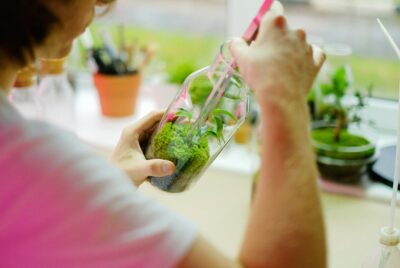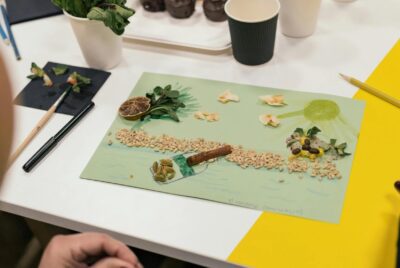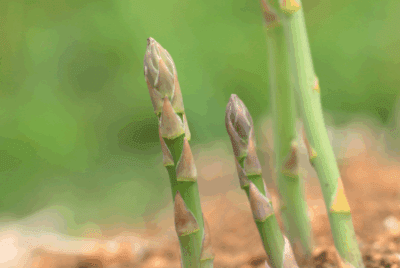RESEARCH
Building Capitals Pending Revolution: Gardens Behind Bars as Clinical Sociology
Summary
The book “Gardening Behind Bars: Clinical Sociology and Food Justice in Incarcerated Settings” explores therapeutic gardening programs in prisons and community correction facilities across the United States. The authors conducted research on two main programs: one in the Midwest at a community-based corrections facility for women, and another in the Southeast called the Rockpile Garden program.
For the Midwest program, researchers used a collaborative approach to design and implement a gardening initiative that addressed both women’s and facility needs. They collected data through surveys, interviews, and participant observation. The program showed positive effects on participants’ mental and physical well-being, as well as improved social interactions. In the Southeast, the Rockpile Garden program was implemented in a women’s prison, focusing on addressing food insecurity and providing gardening education. The program faced various challenges but successfully developed curriculum for both beginner and advanced gardeners. Researchers collected data on dietary intake and other outcomes, though specific results were not fully detailed in the provided excerpts







